You’re working as a nurse at your local hospital but have a dream of building a career overseas. Thus, you must pass the National Council Licensure Examination or NCLEX as it is among the most vital work requirements.
Passing the NCLEX is necessary to obtain a license to practice your profession in the United States. This test assesses your overall readiness to practice nursing as a registered nurse (RN) or licensed practical nurse (LPN). Knowing how vital NCLEX is, having an appropriate study plan, unwavering dedication, and a committed attitude are needed.
Are you worried about the NCLEX and unclear about how to enhance your exam preparation? Then stop worrying. To assist you in getting ready for and passing the NCLEX RN exam, we have made a list of what to do and what not to do. Read the NCLEX advice below while relaxing and taking a big breath before continuing your exam preparation.
What To Do
Here are some things you need to do or look out for when preparing or answering for the NCLEX exam. Follow this meticulously, and you’ll find yourself tackling NCLEX efficiently, confidently, and comfortably.
Do Prepare Your Physical and Mental State
Making healthy decisions is essential to get physically, mentally, and emotionally ready for any critical examination. Don’t be the guy that has to strain to stay awake throughout the NCLEX exam. Instead, consistently get enough sleep months or weeks before the exam and not just the night prior.
Do whatever it takes to be well-rested and mentally prepared to tackle NCLEX head-on. Your ability to remember and put the knowledge you’ve worked incredibly hard to review for so long into practice depends on how adequately conditioned your body and mind are.
Additionally, don’t forget to eat. Ensure you’re not hungry and won’t become hungry throughout the test. Moreover, do not overfeed yourself with a massive dish of comfort food before your test. Instead, prepare a nutritious meal in advance and carry snacks.
There is a scheduled break two hours into the test. Please use it to refuel so you can finish the NCLEX in top form.
Do Relax
Avoid cramming and trying to jam the material you should have learned far earlier into your brain. This fact is one of the worst mistakes people make before every test. According to research, persons who try to cram knowledge do not retain much of it. Furthermore, cramming affects learning because it teaches students to memorize facts rather than fully understand them.
If someone told you to slow down, consider taking that advice not just when preparing for NCLEX but also when answering it. The examination will challenge you if you move through the exam questions too rapidly and swiftly on impulse. During the test, review each question carefully and think it through before responding. Assume you are unaware of the solution.
Do Review and Practice
Anyone who hopes to take and pass the NCLEX should know the necessary level of dedication to study. Additionally, it requires tremendous effort and commitment to create an impressive personal study plan and follow it.
You should include goals for each study session in a well-planned study schedule. For instance, you might want to master information on a particular subject or complete a set of practice test questions. Determine your objectives and the days and times you will study.
As recommended, you must review your NCLEX three (3) months before the exam date if you want to succeed in it. Many test takers who succeeded on their first attempt claim to have started their preparation several months beforehand; that’s how they grow.
The NCLEX exam can be studied or reviewed in various ways, so select a method that suits you best. The key is identifying and following a study strategy that will enable you to thoroughly examine the content, which entails setting up an hour daily for review.
Practice exams assist you in learning new information and filling in knowledge gaps. In addition, practicing also gets your mind and body ready for the exam-day environment. You’ll perform better on the test the more you can prepare by becoming accustomed to taking the NCLEX beforehand.
Therefore, get a handful of the good NCLEX practice tests and start on them. Aside from them, numerous study guides, lecture books, and even reviewers are available online.
IPASS Processing offers NCLEX Online Review and Mentoring Program that provides a comprehensive, affordable, quality review program for students preparing for the NCLEX USA, Canada, and Australia. The review program has 176 hours of course discussion, one-year unlimited access and review, and the online review lasts for three months.
Do Consider All Possibilities
Sometimes, to delay or minimize our anxiety, we avoid thinking about the things that upset us. However, important events like taking the NCLEX require ample consideration.
Preparing for what’s to come is one thing, while overthinking is another. Avoid the latter as it is counterproductive and will only further your anxiety. Instead, focus on the things you’ve planned for now, or try to compartmentalize your thoughts and emotions. In addition, writing your frustrations down may also help alleviate stress to avoid feeling overwhelmed.
Do Manage your Stress
The fear of examinations is genuine. Regardless, if you’ve gotten to the point where you can take the NCLEX, you’ve probably already figured out a few strategies to help you cope with the pressure of the exam.
Drowning yourself over studying does not help at the very least. On the contrary, it potentially causes health and mental problems. Making time for exercise, eating healthily, getting enough sleep, and engaging in hobbies or activities unrelated to school are a few strategies to alleviate stress. So balance your time between studying and leisure. A little breather can go a long way.
Do Believe
Candidates frequently make the error of questioning their initial response. If you respond to a question and are confident that you made a mistake selecting the incorrect answer, modify it to the correct response.
According to several studies, changing your first answer on an exam can affect your final score. The majority of answer changes on tests are from incorrect to correct, according to Joseph T. Hallinan’s book. Additionally, most people who change their answers do so to increase their scores.
The statement above holds whether the test is multiple-choice, true-false, timed, or untimed. Furthermore, none of the thirty-three studies about answer change that examiners thoroughly reviewed concluded that the action negatively impacted the test takers’ average scores.
However, most people frequently remain with their initial responses. That is because they felt considerably greater regret at altering a correct response to a wrong one than failing to modify a wrong answer to a right one. In other words, even if they would come up with the incorrect solution in both situations, doing nothing was less regrettable than acting.
What NOT To Do
The following are among the things you need to avoid doing. Always remember this while preparing for the NCLEX or during the examination. If you adhere to this strictly, you’ll discover that you can answer questions on the test with organization, intuitively, and confidently.
Don’t Compare NCLEX to Your Local Board Exams
The NCLEX is an entirely different hurdle, so prepare for a new feat. However, just because you scored above average on your local board exam, you will automatically perform well on the NCLEX.
The NCLEX evaluates your ability to apply and interpret situations utilizing your nursing knowledge. In addition, this test is significantly more challenging and detailed since it emphasizes critical thinking and reasoning more than rote memorization.
Don’t Self-Assess
During the examination, avoid attempting to evaluate yourself. Some test-taker questions on the NCLEX are more straight to the point than others, while other tests can have more complex problems. Don’t assume that just because you get easy questions doesn’t mean you can’t get difficult ones.
Keep in mind that every person learns differently and has unique skills. What you find difficult may be simple for someone else, and vice versa. Concentrate on the questions you are given and provide the best response possible.
Don’t Entirely Rely on Your Experiences
Choosing answers for the exam using prior work or practical exposure can be simple. While it’s not always a bad idea, Boards of Nursing (BON) may have standards that differ from your prior experience. Thus, this does not guarantee that your response based on experience will be the correct answer in the exam.
The BON builds practices supported by empirical research. Therefore, try to answer the NCLEX questions without referencing your prior experiences and as if you have no relevant real-world clinical or professional nursing experience.
Don’t Take Too Much Caffeine
It’s no surprise that quick lunches and caffeine seem to be nursing students’ primary sources of fuel. Of course, it’s completely acceptable if you consume coffee or other caffeinated drinks. However, keep them to a minimum before the exams, as too much caffeine might make you anxious and give you headaches and dizziness.
Don’t Look at Others
Not all test takers will receive the same questions. The NCLEX intends to highlight your most vital skills and areas for development. The adaptive nature of the test dictates which questions you will answer based on whether you correctly answered the previous question. The best course of action is studying pertinent material, taking practice tests, and trying your hardest.
Don’t Throw All Your Learning Materials
Keep all your study materials and notes from nursing school. Most of the NCLEX preparation takes place in nursing schools. Although it is beneficial and encouraged to use resources like NCLEX study guides, maintaining your nursing school notes close at hand is always a good idea.
If you struggle with a particular subject, your school notes will come in handy. In addition, you might have noted something your teacher said that would assist you when the time comes to take the test.
Final Thoughts
You are much closer to becoming a registered nurse in the United States now that you have completed your nursing education. Now, you merely need to pass the NCLEX exam to finish the process of becoming a licensed registered nurse.
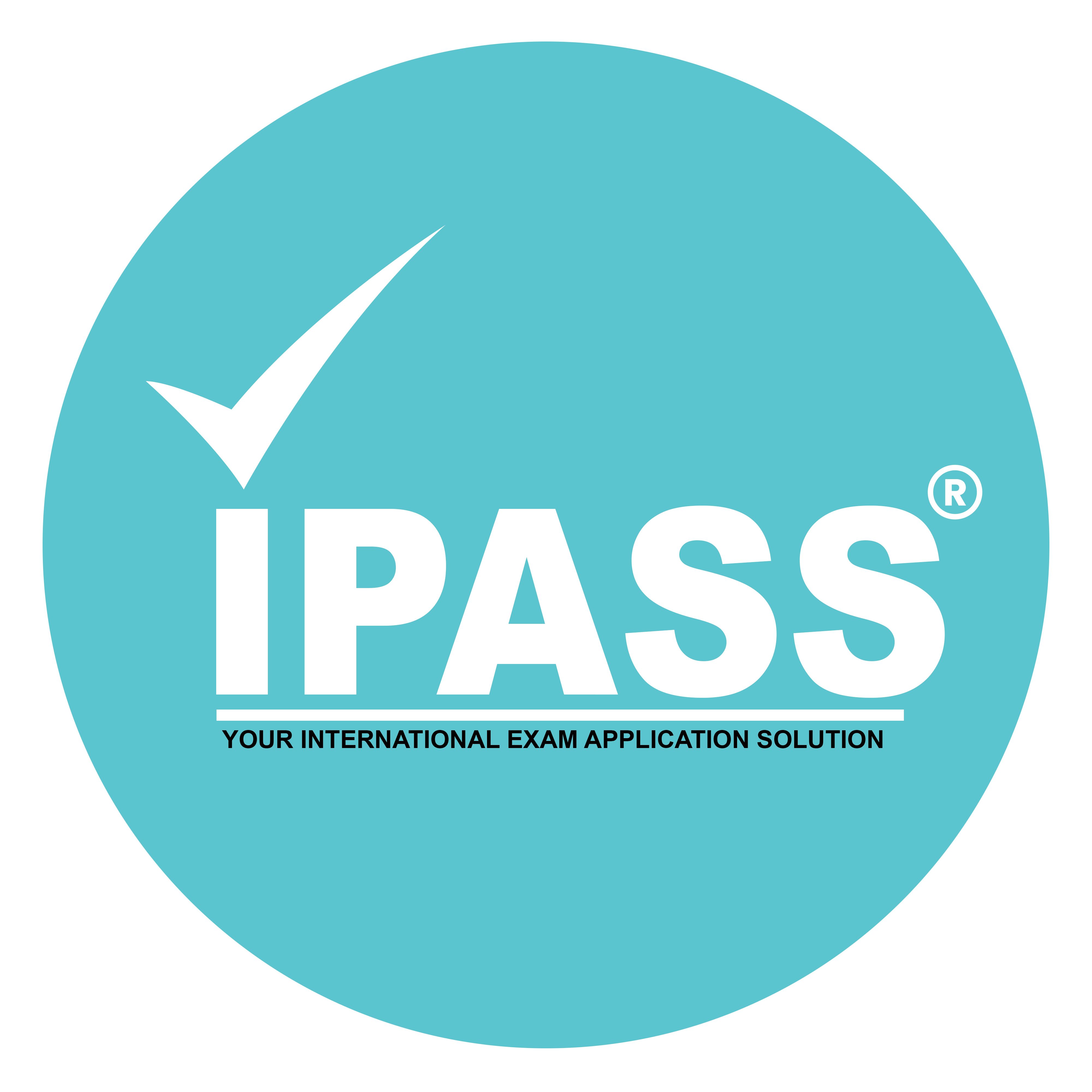
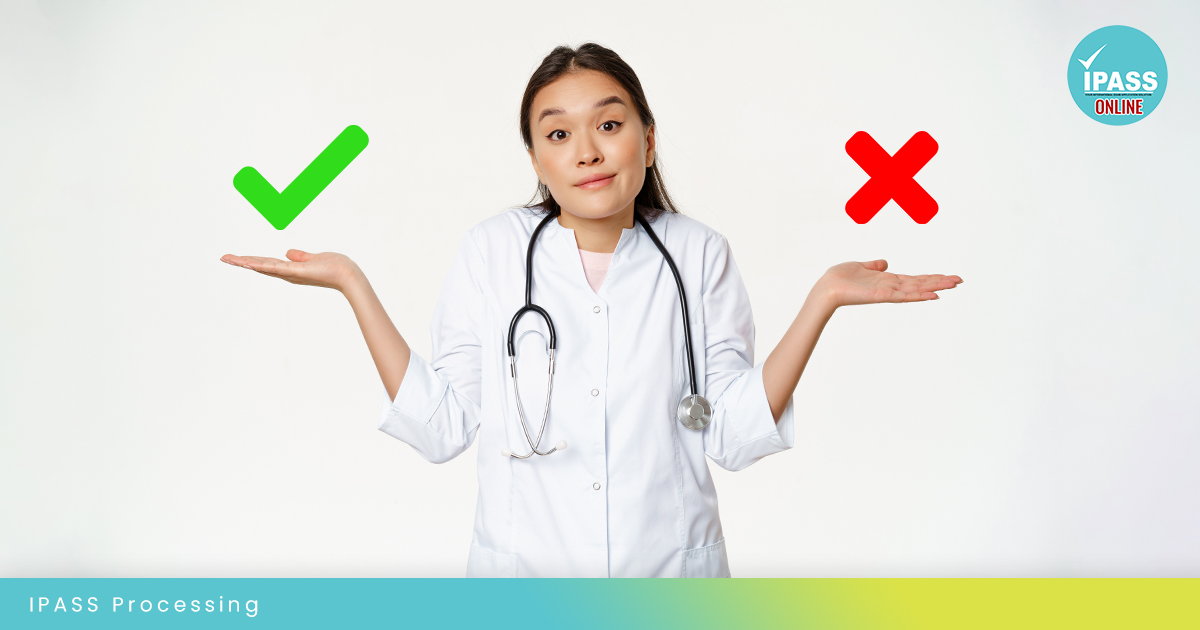



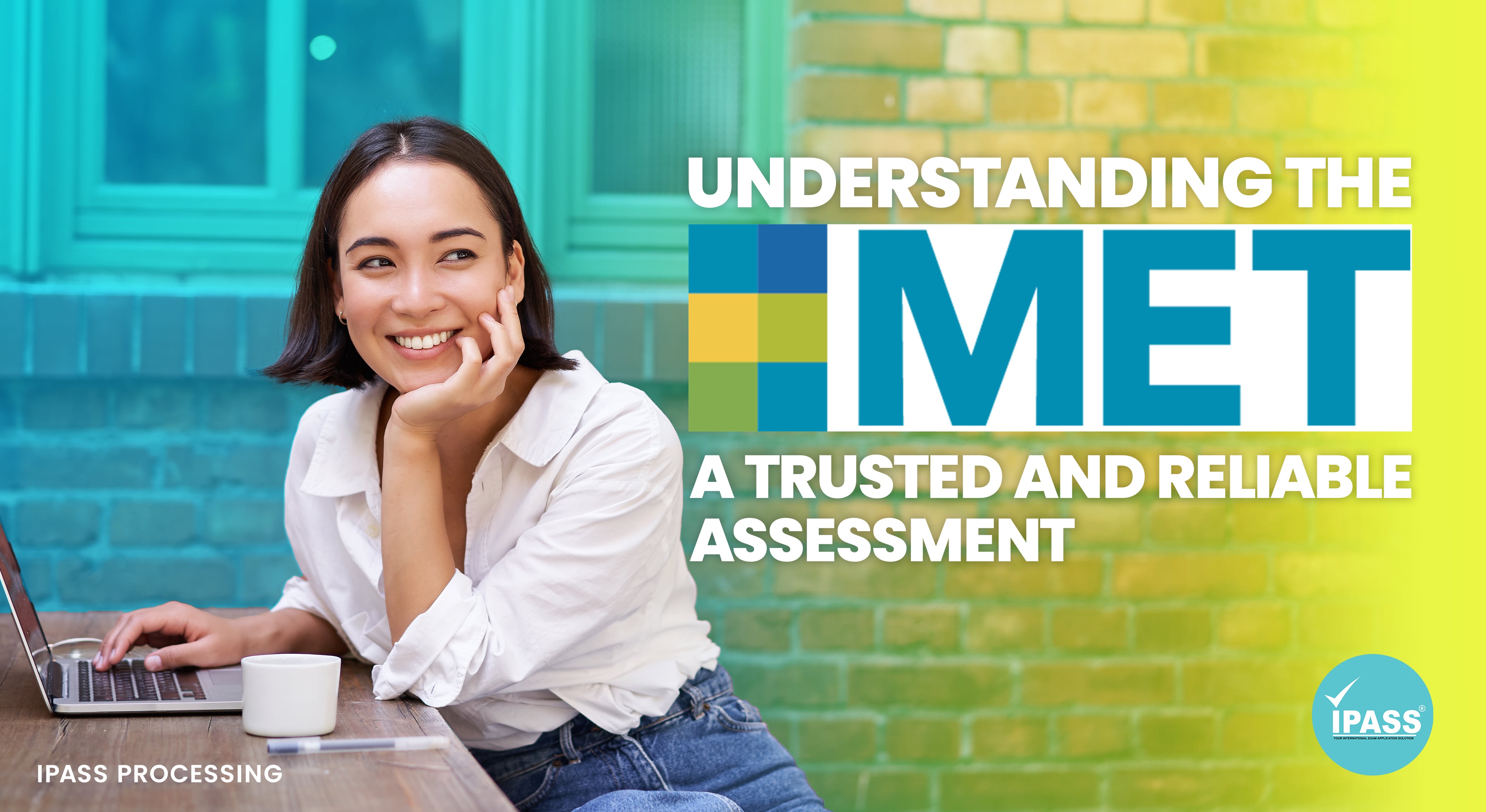

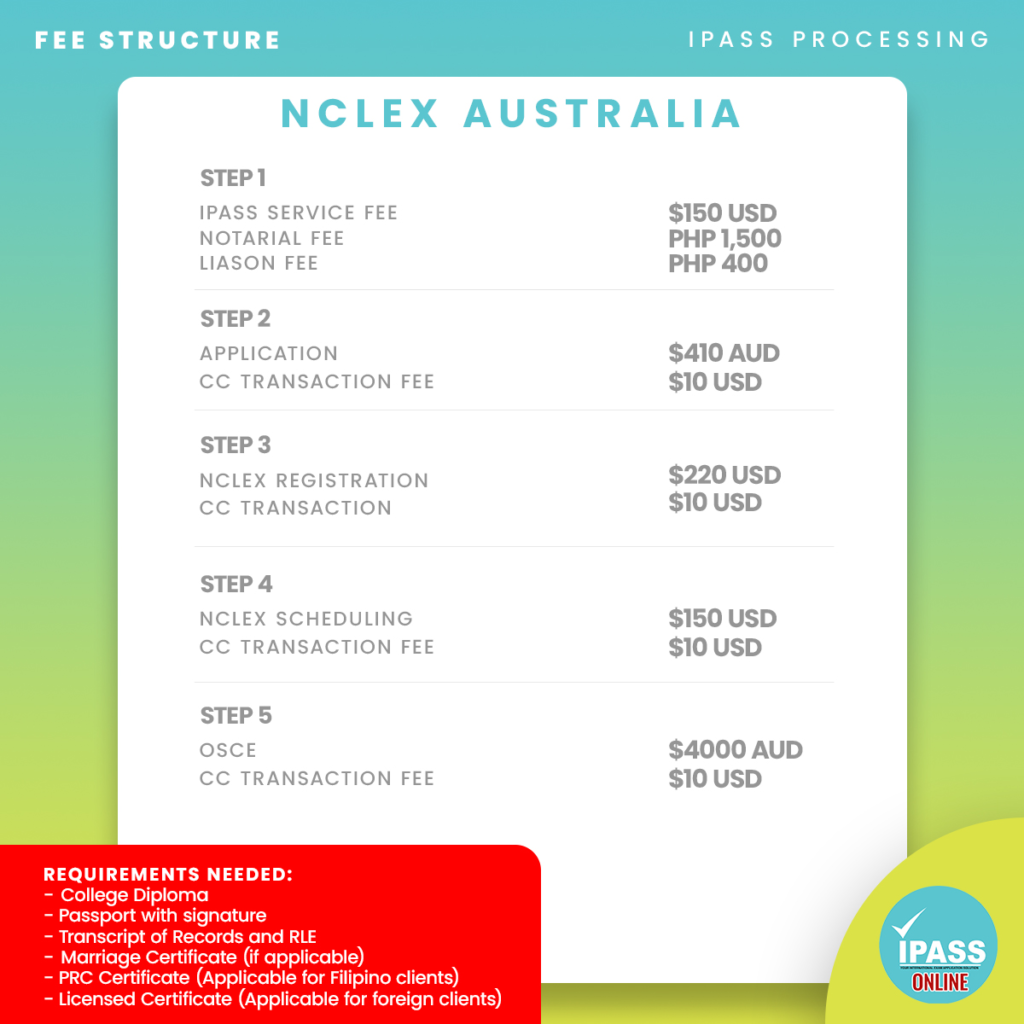
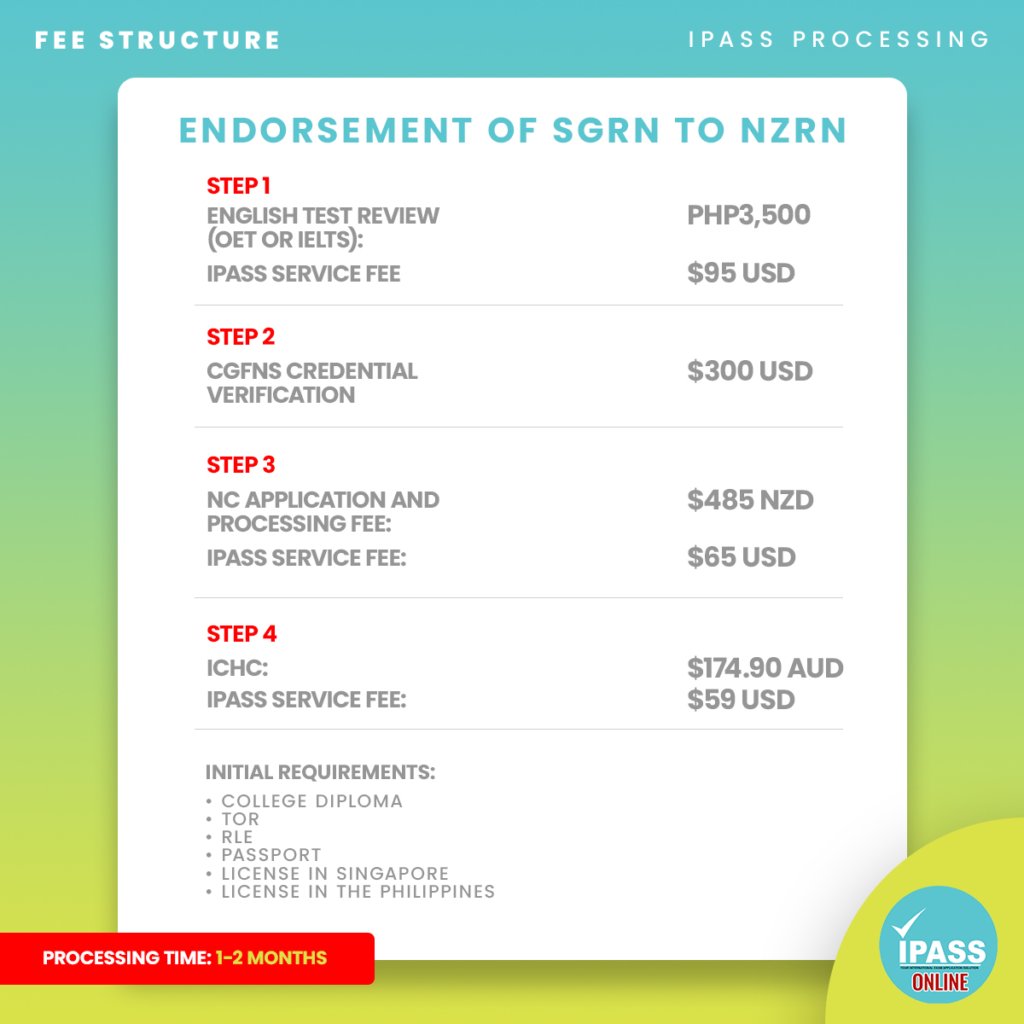
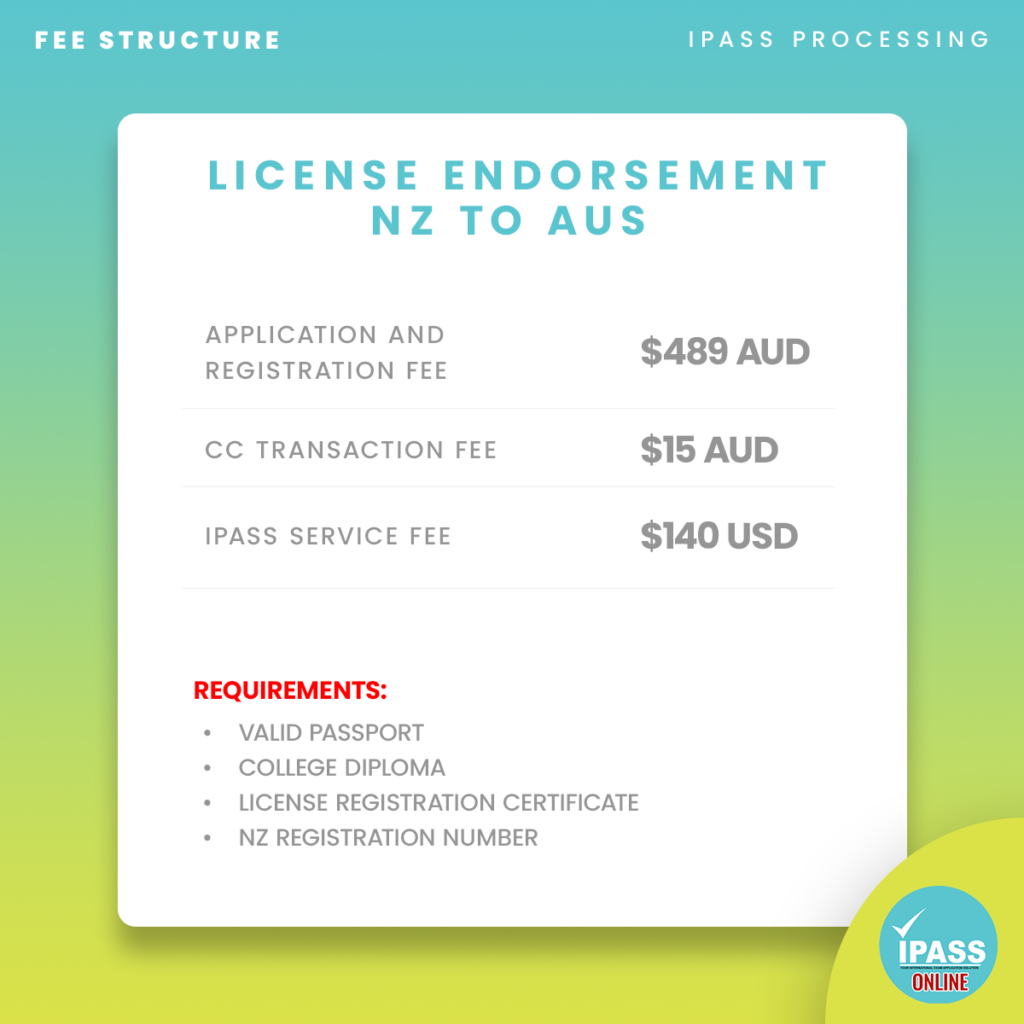
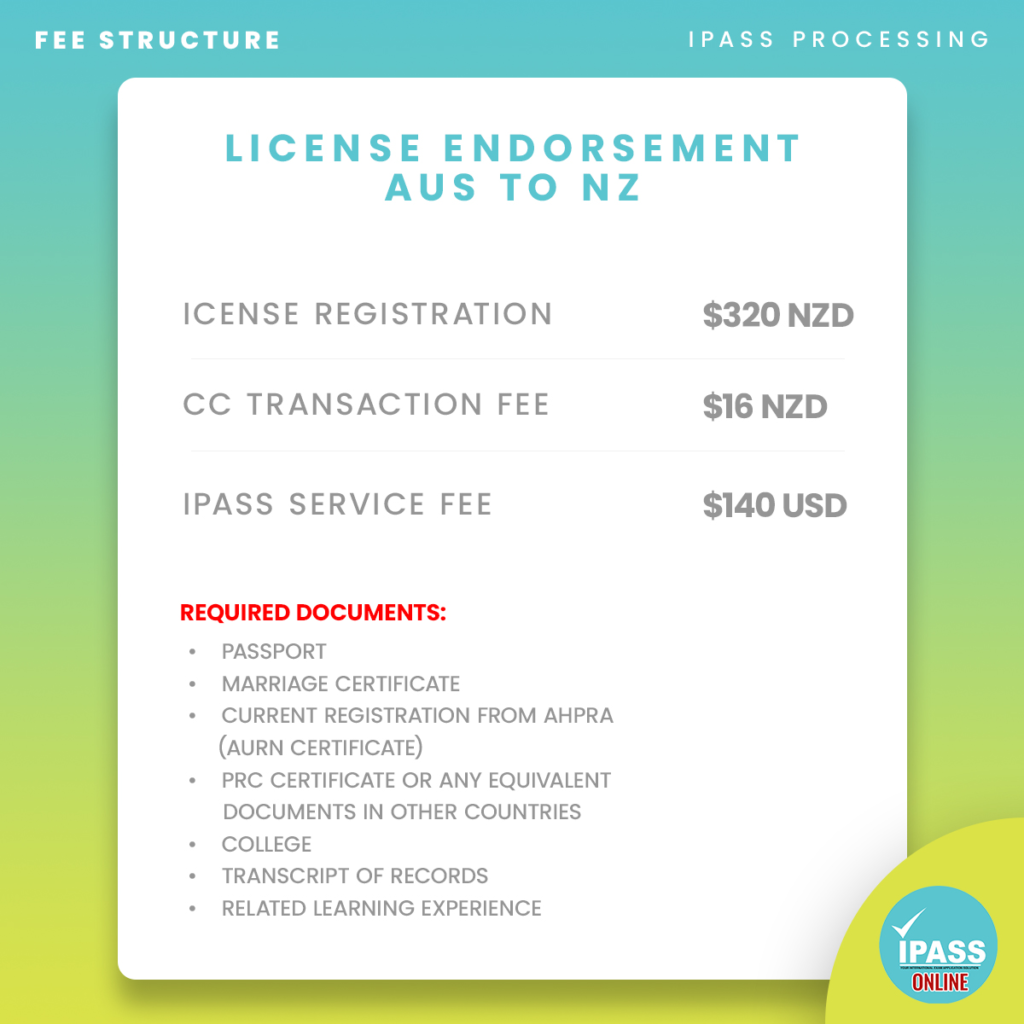
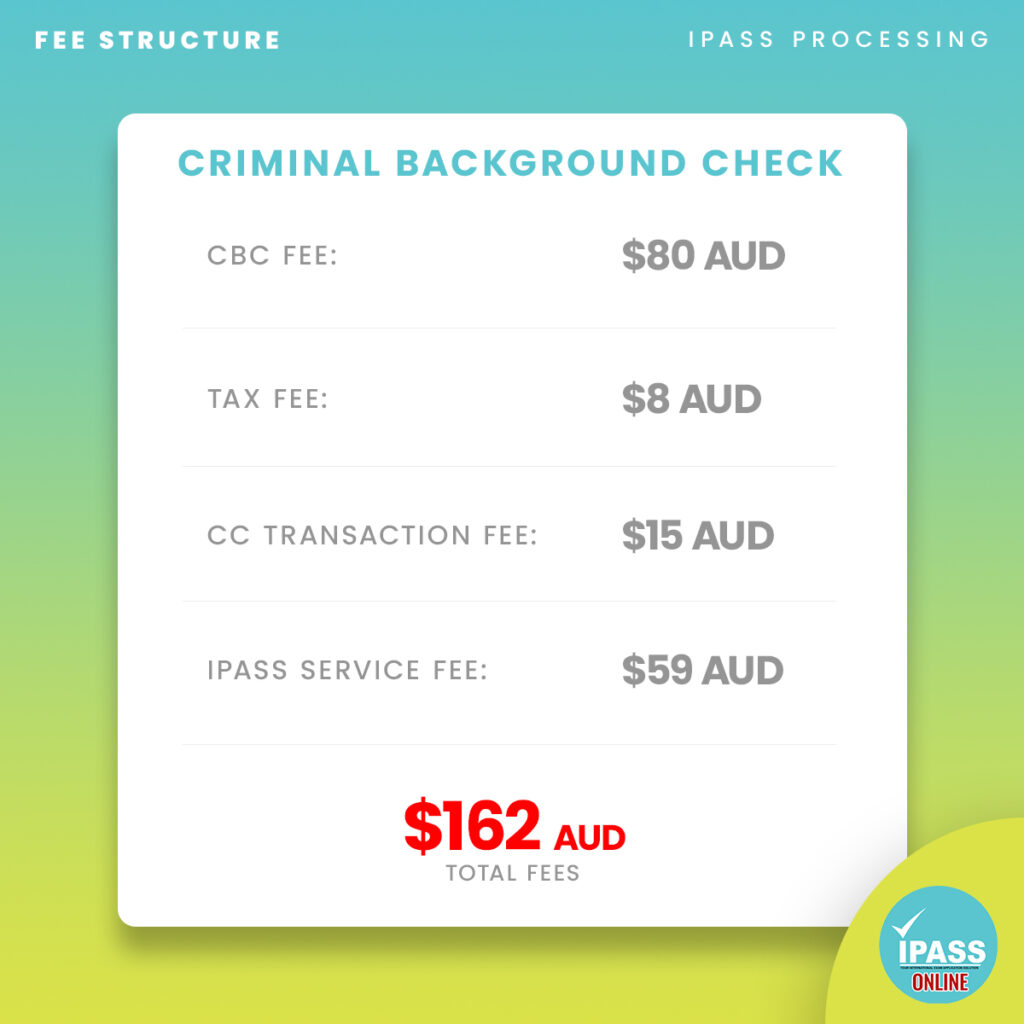
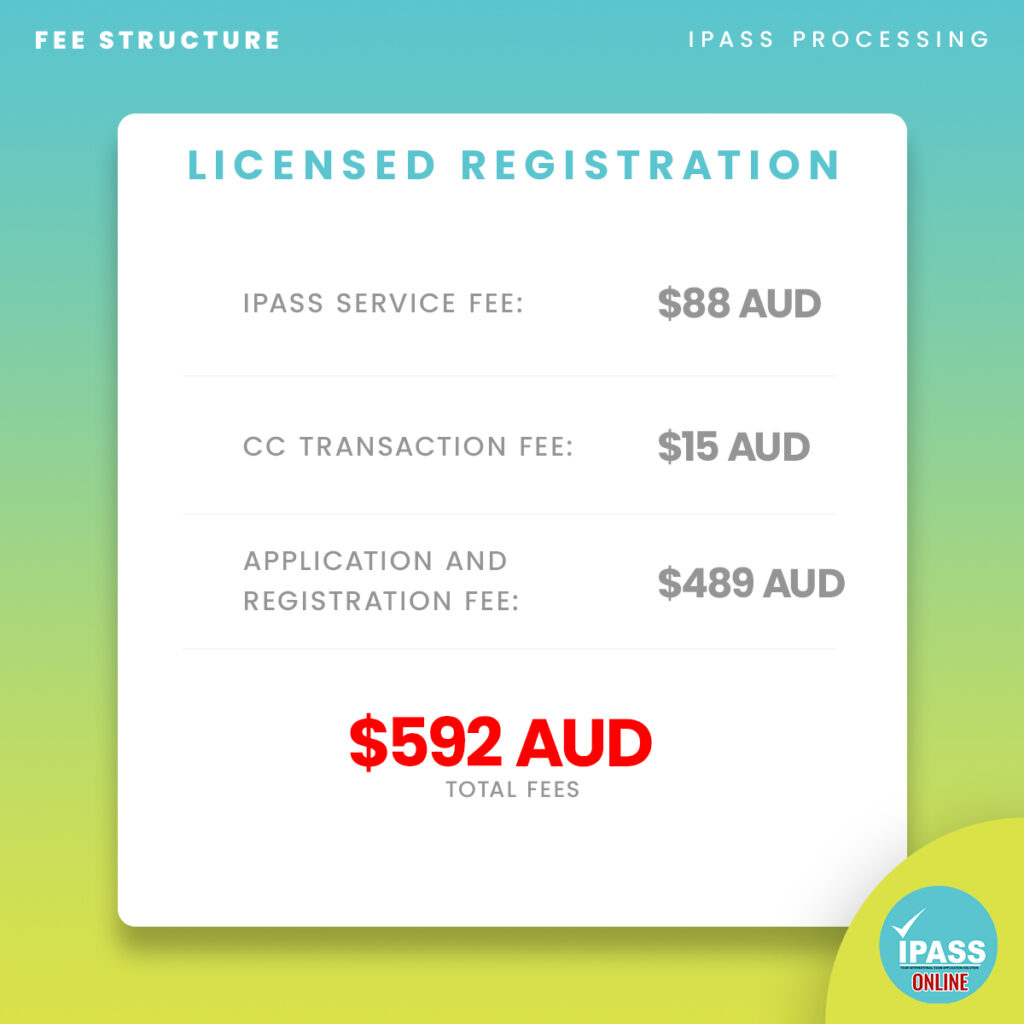
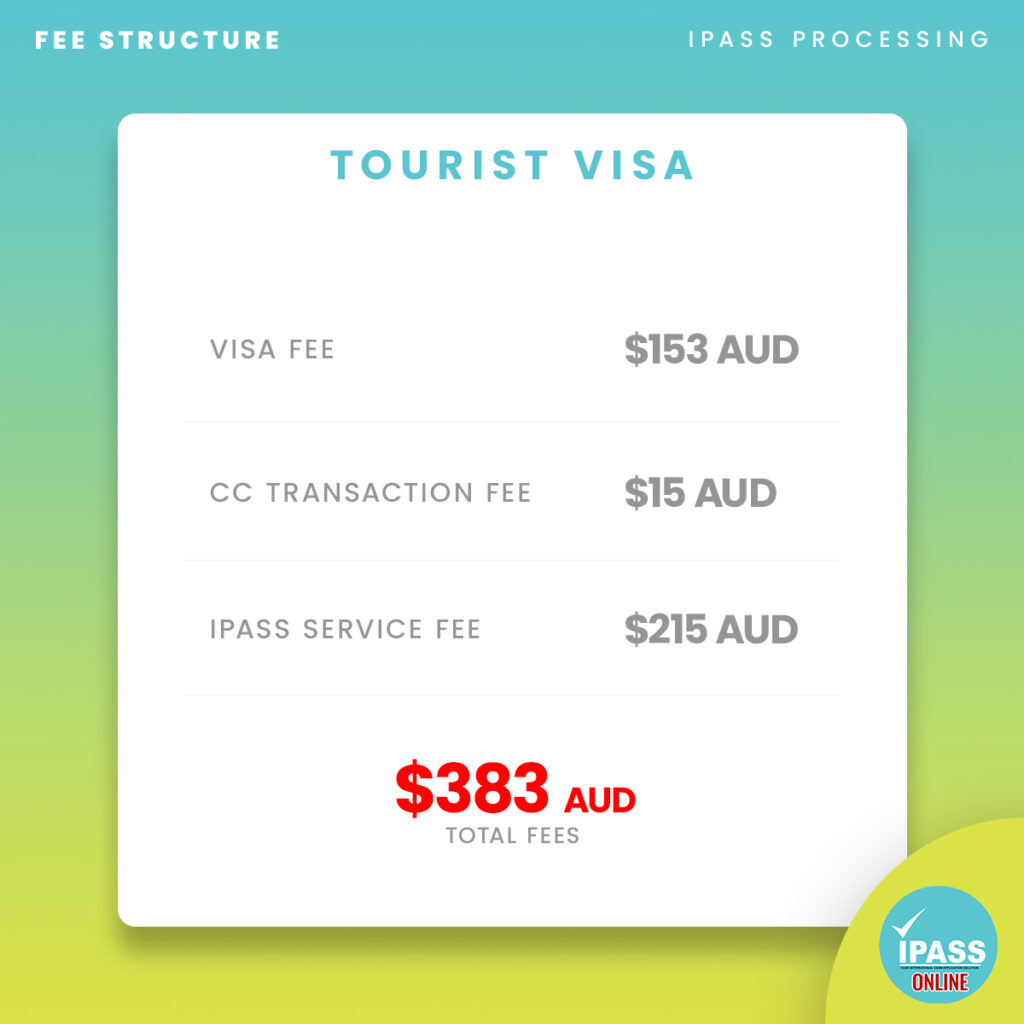
No Comments